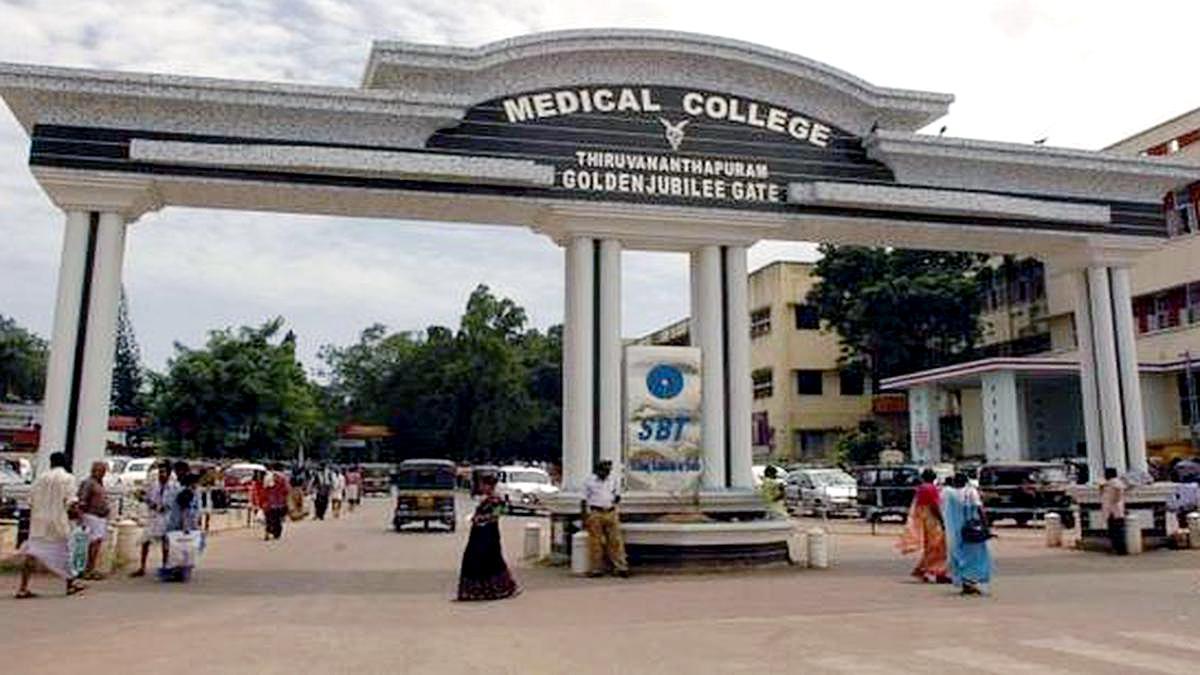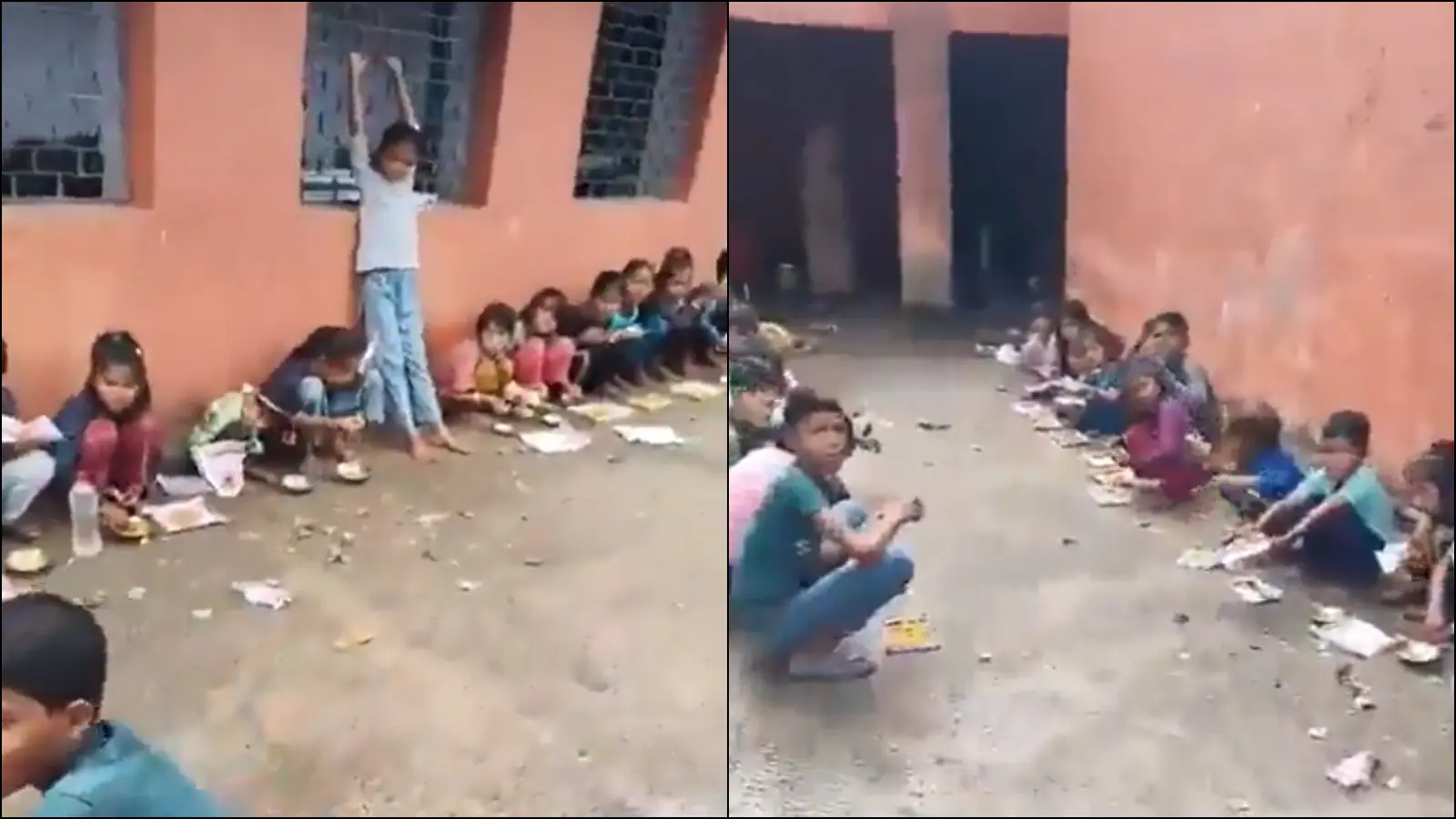Copyright thehindu

Even as the family of Venu, the 48-year-old from Kollam who died at Thiruvananthapuram Government Medical College Hospital on Wednesday (November 7, 2025), while undergoing treatment for heart attack, maintained that the patient did not receive due care and attention at the hospital, the MCH authorities reiterated that there were never any lapses in the care given to the patient. “The patient was admitted as soon as he got here and he was given the best of care that could be given to a heart attack patient. Every treatment as per the established treatment protocol was given to him. He was not a candidate for primary angioplasty because over 30 hours had elapsed after he suffered the heart attack and hence he was on medical management and he was stable till Wednesday evening,” the Professor and Head of Cardiology, Mathew Iype, told mediapersons here on Friday. “The patient was stable after the heart attack he had suffered, his blood pressure and heart rhythm were stable. But heart failure is a known complication following heart attacks and his condition suddenly worsened on Wednesday evening and he was shifted to the ICU,” Dr. Iype said. However, these explanations do not seem to have dispelled the family’s conviction that Venu could have been saved if emergency angiography, followed by angioplasty had been done on time. Lack of communication This does raise the question whether the treatment details of the patient — the fact that Venu was not a candidate for primary angioplasty due to several reasons — was conveyed properly to the patient and his family. Senior doctors at the MCH said that while they did attempt to brief the families of patients about the patient’s condition and the treatment process, it was becoming increasingly impossible in a hospital which was totally bogged down by overcrowding as well as an acute shortage of staff at all levels. “The doctors are managing so many patients at a time that they just may not have time to spend time counselling the patients’ families. We have an acute shortage of nursing staff in wards and we do not have any care coordinators or patient counsellors or medical social workers as one might find in private sector hospitals to exclusively deal with patients’ families,” a senior doctor said. “It is also true that many of the young doctors on duty or residents taking rounds have no idea how to talk and explain medicine in layman’s terms to patients or their families,” he added. Overflowing wards MCH and SAT together have over 3,000 beds but at any given time there are hundreds of inpatients who have to be accommodated on the floor. None can be turned away because they all require serious care. “Our wards are overflowing as every case of medical emergency or patients requiring critical care end up in the MCH from hospitals in the periphery. Though all districts have Cath labs, most of these do not have technicians or cardiologists to serve round the clock. The Kollam Medical College has just one cardiologist and despite our best attempts, we could not get anyone to join there,” a senior MCH functionary here said. The medical education service, once considered the most elite and most sought-after career option, is no longer attractive to young doctors. The work pressure is immense, quality of life is poor, inadequate monetary compensation and brickbats galore, he pointed out.



